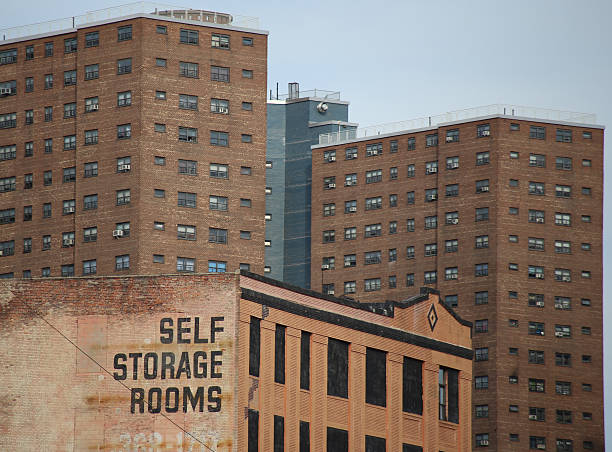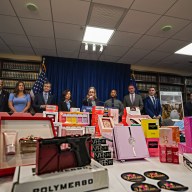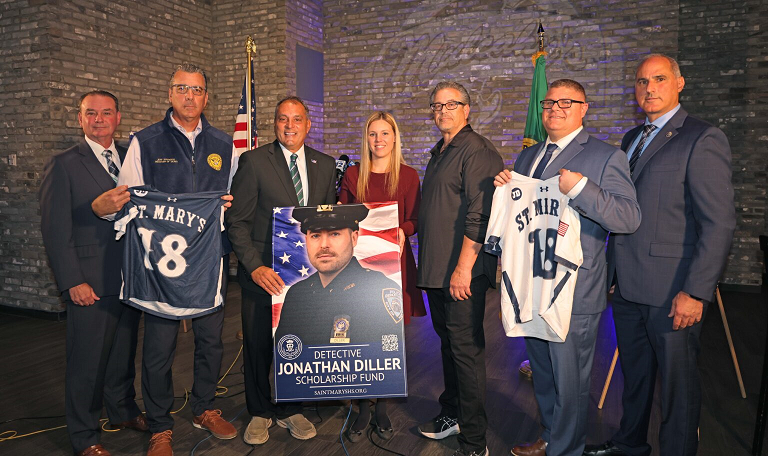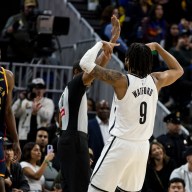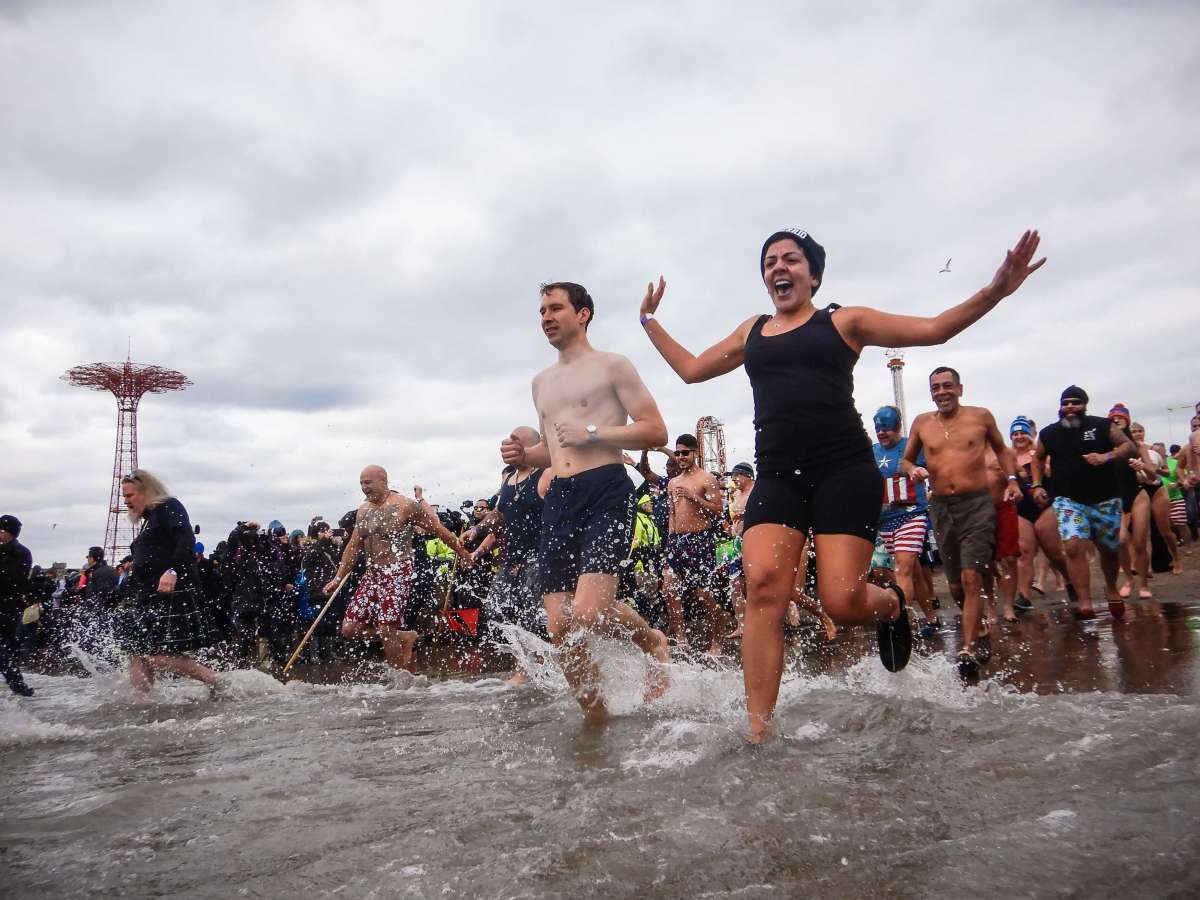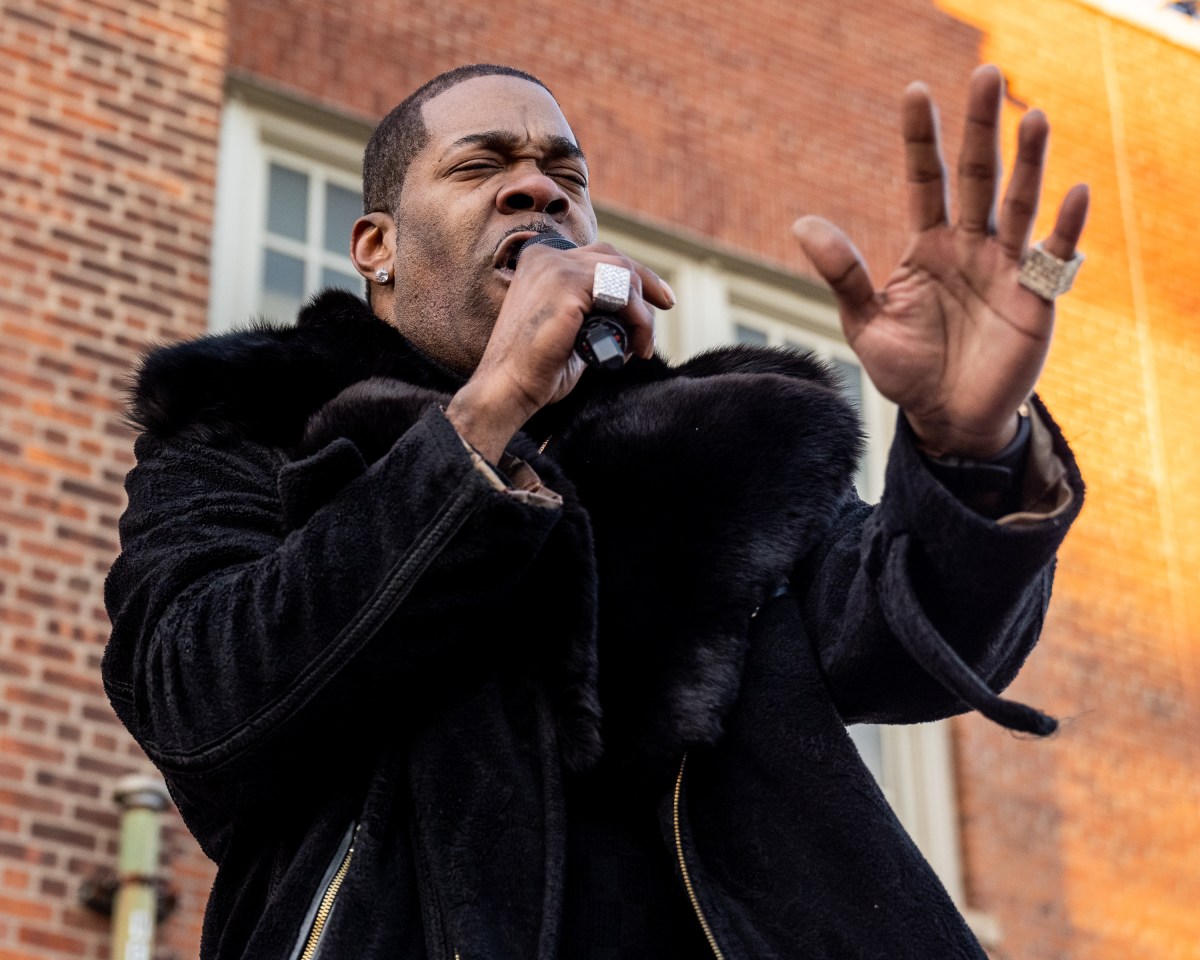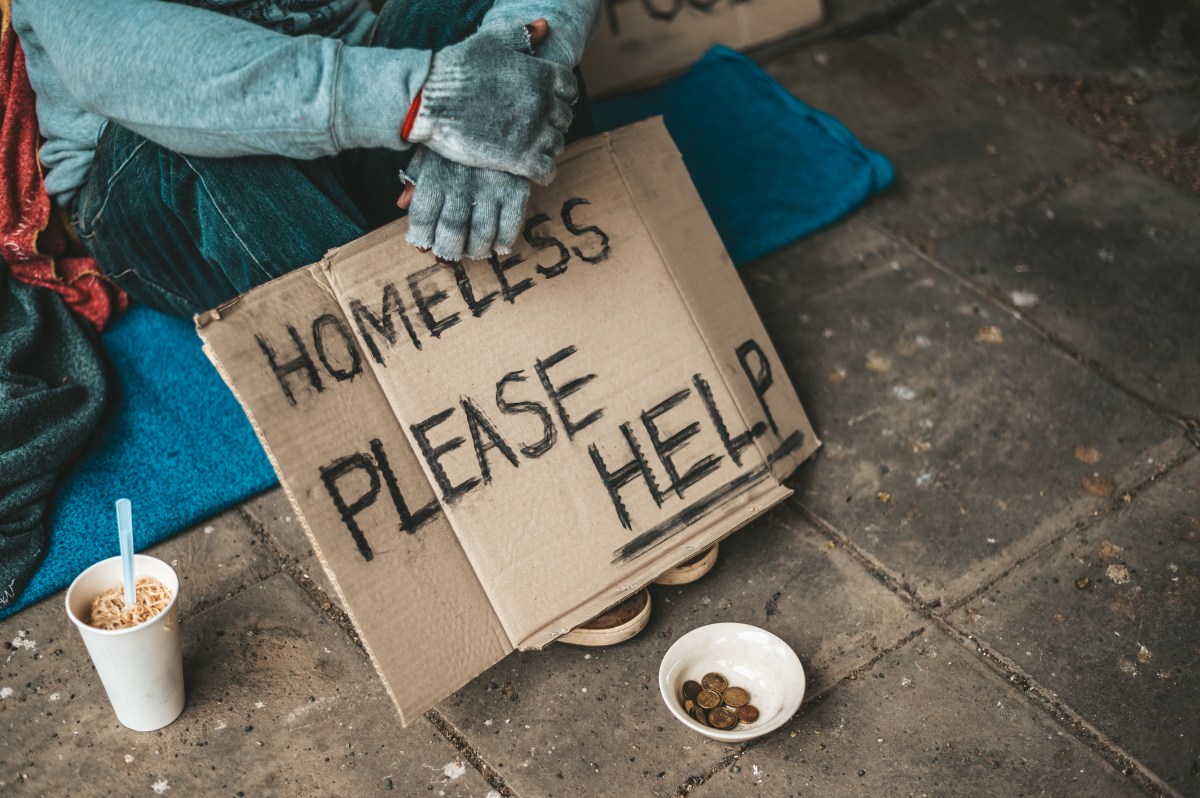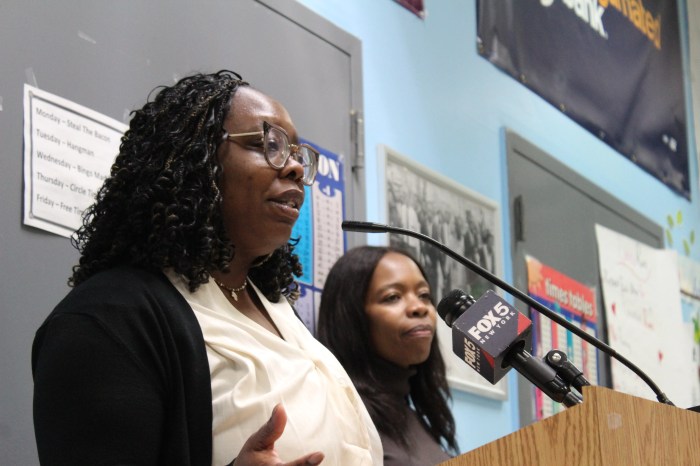The Brooklyn filmmaker behind “The Central Park Five” documentary that first gave the wrongly accused a platform to chronicle their case is praising Ava DuVernay’s “When They See Us” for being strikingly accurate in its portrayal of the men.
The limited Netflix series “was incredibly powerful,” says Sarah Burns, who’s studied the case of the Central Park Five (now the Exonerated Five) for more than 15 years.
After publishing “A Chronicle of a City Wilding” in 2011, Burns directed and produced the 2012 PBS documentary about the gripping 1989 case alongside her father, Ken Burns, and husband, David McMahon.
Their award-winning documentary featured interviews with the five men a decade after their convictions in the brutal rape and attack of Central Park jogger Trisha Meili were overturned.
“It was amazing for me to see the lives of these men I’ve gotten to know so well brought to life in such a different way on-screen,” Burns says of DuVernay’s series. “It was, in some ways, hard [to watch] because I know the story too well, so I can’t help but think through all the little details. But, I will say I found it to be very accurate."
Burns was first introduced to the case involving Raymond Santana, Kevin Richardson, Antron McCray, Yusef Salaam and Korey Wise in 2003 while working for Jonathan Moore, an attorney involved in the Five’s settlement cases. Equally intrigued and stunned by the outcome of the case, she ended up writing her undergraduate thesis about the impact racism had on the prosecution.
Through the documentary, “we were giving them a chance to tell their own stories. Obviously, we believed they were innocent of this crime and that was our jumping off point for telling the story. It was never going to be a, ‘Who done it?’ story."
Her goal was similar to that of DuVernay, who has repeatedly stated her Netflix series was created with the goal of giving the Exonerated Five a necessary voice.
To Burns, DuVernay’s efforts to maintain accuracy while telling the story from the men’s perspectives was made clear through the performances delivered by the cast. Burns — who has spent extensive time with the men — says she was able to pick up on ticks in the actors’ voices and physical mannerisms that closely mirror the men they portray.

“In some ways, it was weird watching ‘When They See Us’ because those performances were really spot on. It’s funny to see these people you know so well portrayed on screen in that way because it reminds you of them and it does feel at this point that we’re like family.”
She feels particularly drawn to Jharrel Jerome’s delivery of Korey Wise, calling it “extraordinary,” but adds that all of the young and adult actors were “impressive.”
“It was clear to me they really studied the people they were playing.”
Watching the series, Burns says she couldn’t ignore moments where creative license was taken by DuVernay — though she steers clear of calling anything directly inaccurate.
“There are little points where things diverge from the timeline, but I understand you take some artistic license when telling a story,” she explains. “Nothing felt egregious in that way.”
More specifically, Burns points to the closed-door conversations between the members of the prosecuting team that the public — and the Five — still know little about.
“For example, when Linda Fairstein and Elizabeth Lederer are discussing the case, we don’t know what was really said there,” she says. “The series portrays Elizabeth Lederer as having real doubts about the evidence. She has never commented publicly about this, whereas Linda has been out there defending the guilty verdicts and the police.
“To suggest that [Elizabeth] has doubts is not something I know to be a fact, but is something I’ve always wondered about."
Both Fairstein and Lederer have been the target of backlash following the release of DuVernay’s series.
Fairstein published a Wall Street Journal op-ed slamming the series as “an outright fabrication,” to which Burns says, “I would disagree.”
“While you could nitpick with minor details, and she chose to do that in her article, I don’t think that those details have a real bearing on the larger sense of what happened here.”
She adds that the fallout landing on the shoulders of these two women seems to be a product of today’s “cancel culture” and that Fairstein’s vocal opposition of their innocence has “made her the most obvious person” to target
“There’s frustration that there’s not, and there won’t be, I don’t think, any kind of actual legal repercussions” for the people involved in the prosecution.
“There’s plenty of [blame] to go around, right? It’s not just Linda and Elizabeth. It’s the police detectives who did the interrogations. It’s the press who took this story and ran with it without, in most cases, asking the right questions.”
As both DuVernay and Burns intended, “The Central Park Five” and “When They See Us” have sent viewers searching for ways to help prevent such injustice from repeating itself.
“Yes, things are different [in NYC today], but a lot has not changed. Mostly, I think things are the same and something like this certainly could happen again,” Burns says.
To those looking for ways to take action after watching the series or doc, Burns advises turning to the Equal Justice Initiative and organizations such as The Innocence Network and Northwestern’s Wrongful Convictions of Youth legal clinic. Consider educating yourself on the justice system by reading “The New Jim Crow,” by Michelle Alexander.















